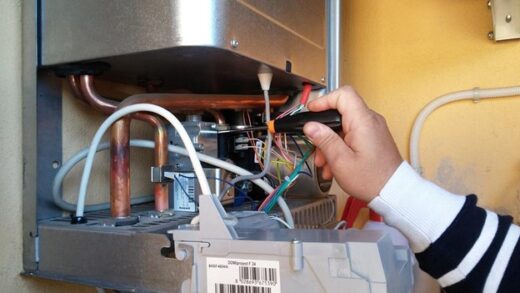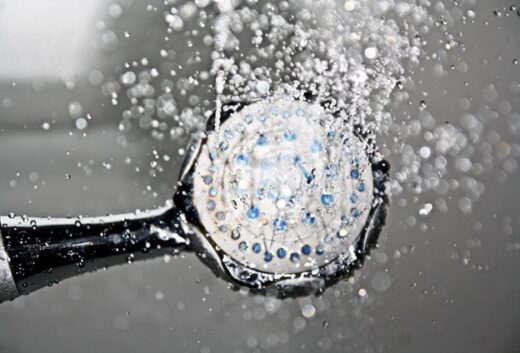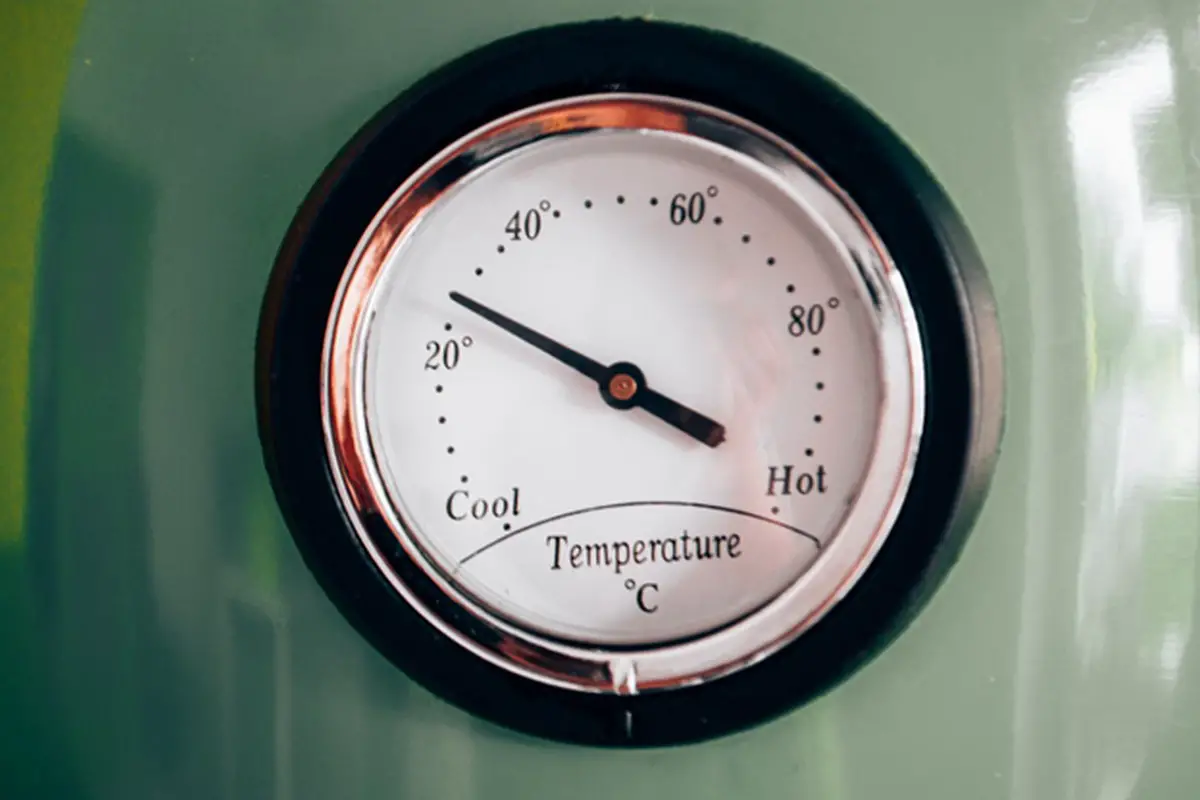Hot water happy home, Your guide to maximizing water heater health, Home plumber tips, House heating system advice
Hot Water Happy Home: Your Guide to Maximizing Water Heater Health
25 January 2024
Few feelings ruin an otherwise relaxing shower like an unexpected blast of ice cold water mid-lather. Or hustling the family out the door only to discover tepid liquid dribbling from the tap too cool for brushing teeth. The magic of providing reliably piping hot water often gets taken for granted until the moment that torrent slows to a trickle or the temperature unexpectedly drops. In that dreaded instant, the vital role a properly functioning water heater plays in regulating your home’s comfort level becomes abundantly clear.
And yet despite their importance for providing modern household necessities, many homeowners know little about water heater operations, components, or preventative maintenance until something goes wrong. Arm yourself against emergency repair bills this winter by elevating baseline water heater knowledge. With a contextual understanding of how your hot water system functions plus what typically causes common issues over years of use, you can monitor brewing problems early applying quick fixes. Identify replacement windows proactively so you aren’t caught unaware.
Follow this guide and you will never again be the victim of an untimely cold shower! We will walk through water heater functionality basics, troubleshoot typical breakdown causes, evaluate DIY repair options and when calling the pros makes the most sense, and provide proactive maintenance steps for sidestepping catastrophic failure through prevention.
How a Water Heater Works
Before diving into troubleshooting, let’s walk through the standard operation. Water heaters come in two main varieties: tankless on-demand units and storage tank heaters. Both use gas or electricity to heat water. Storage versions hold 30-80 gallons heated continuously. Tankless heat as needed. Here’s what happens inside:
- Cold Water In – Water enters from your home’s main line into the intake pipe, flowing into the tank or heat exchanger.
- Heating Activation – Sensors trigger the gas burner or electric heating elements to turn on when more hot water is required.
- Hot Water Out – Freshly heated water travels out the output pipe toward faucets while cooler water enters to repeat the cycle.
Signs You Need Water Heater Repair
Catching problems early allows faster, less invasive fixes. Watch for:
Leaking Tanks
Small puddles around the base signal internal or external leaks. The tank may be rusting through or a fitting is loose. Either can lead to massive floods if neglected!
No Hot Water
Lukewarm instead of piping hot water from faucets indicates your heater isn’t firing up properly. Causes range from sediment buildup to broken parts.
Odd Sounds
Unusual noises like rumbling, cracking, or banging require urgent inspection. They often accompany dangerous issues like combustion back-drafting.
High Energy Bills
A spike in electricity or gas costs can mean your system runs constantly to keep pace with hot water demand. Time for an upgrade!
Once identified, pinpointing exact problems takes some deduction.
Common Maintenance & Repair Issues
While every water heater has unique needs based on make, model, age, and usage patterns, several frequent problems arise. Understanding them helps address trouble areas.
Sediment Buildup
Scale, rust flakes, minerals and other debris settling at the base of the tank insulate water from the heating source. Flushing it out yearly maintains efficiency. If neglected, the buildup can fully disable the system. Calling water heater maintenance and repair specialists to descale it saves money long-term.
Leaking Tanks & Pipes
Once tanks start leaking, repairing rarely proves cost-effective. Full replacement is the path forward. For small leaks at fittings, pipe joints or valves, tightening connections often provides the fix. Brand-specific pipe sealants recommended by manufacturers sometimes solve stubborn small leaks.
Faulty Thermostats
Like an indoor thermostat controls home temperatures, a water heater thermostat governs heat levels. If stuck, water scalds. If unable to reach the set temperature, the output stays tepid. Most home DIYers lack the expertise to safely adjust or replace these. Call a service company.
Broken Heating Elements
Sediment and mineral buildup also damage heating elements. These wire components heat liquid when electricity flows through them. Visible cracks or broken coils mean replacement. Thankfully elements are inexpensive and swap out easily.
Pilot Light Malfunction
Gas-powered systems ignite using a small constantly burning pilot light. If it goes out, no hot water! Lighting instructions are model-specific. Trying to manually relight gas systems poses a danger if done incorrectly. Improper techniques also damage components. Let pros handle it.
Lengthy Recovery Period
Recovery refers to how rapidly fresh water heats up after use. As heaters age and sediment accumulates, recovery slows. If you find yourself running out of hot water taking only slightly longer showers, recovering to full temperature takes longer.
Rust Accumulation
Inside water heaters, rust flakes fall from aging tanks into the base. Too much buildup eventually blocks critical intake valves. Preventing rust requires replacing old tanks. Catching issues early lets professionals clear limited rust safely extending the life slightly.
DIY Repairs vs. Professional Assistance
After identifying the likely issue, deciding whether to tackle repairs solo or hire help depends on one’s skill level and the tools available. Below are best practice guidelines:
Do It Yourself
Basic fixes like bleeding air or sediment flush kits are reasonable DIY projects following video tutorials. Just exercise caution when working with gas fittings or electricity. Tankless descale maintenance kits also save substantially on pro services.
Call the Experts
Anything requiring tank removal or replacement absolutely requires professional expertise. The same goes for gas control valve or thermostat adjustments. Unless certified to handle plumbing and electrical work, attempting complex repairs risks injury, property damage or death in severe cases of uncontrolled gas leaks or electrocution. Water heater work always carries inherent hazards better left to licensed local technicians insured if accidents occur.
Prevent Issues Through Proactive Maintenance
Alongside reactive repairs when problems manifest, establishing preventative maintenance habits minimizes breakdown frequency and extends a heater’s operational life significantly. Here are tips for proactively maximizing function:
Flush Sediment
As referenced before, flushing sediment buildup yearly using pump kits or professional flushing removes scale preventing it from disabling your heater.
Inspect Fittings & Pipes
Check pipes and fittings twice annually for corrosion and leaks. Catching minor leaks early prevents major flooding disasters. Tighten any loose fittings immediately.
Evaluate Efficiency
Keep energy bills reasonable by replacing inefficient systems over 10 years old. Newer options waste less generated heat. Installing tankless on-demand models amplifies savings through technology minimizing standby energy waste heating stored reserves.
Consider Upgrades
Upgrade to heat pump water heater systems powered via home HVAC compressor units. Their 500-600% efficiency ratings amplify savings over gas and electric alternatives. Though pricey initially, rebates and long-term cuts on bills offset costs over 5-7 years.
The Bottom Line
Monitoring water heater health through annual check-ups allows for catching small issues before catastrophic failure. Understand how key components function and where sediment or leaks arise over years of use. Recognize warning signs of impending malfunction. Attempting basic maintenance repairs yourself generates massive savings. But ultimately trust licensed water heater maintenance and repair specialists for major underlying issues or replacements guaranteeing safe, proper function and protecting your most vital appliance investment.
Comments on the Hot Water Happy Home: Your Guide to Maximizing Water Heater Health article are welcome.
Water Heater Plumbing
Water Heater Posts
5 reasons why your home water heater not working

image source : pixabay.com
How to fix a broken hot water heater

image source : pexels.com
4 signs that your water pump needs expert repair service
Signs You Need to Call a Plumber
Building Articles
Residential Architecture
Comments / photos for the Hot Water Happy Home: Your Guide to Maximizing Water Heater Health advice in Altona and Point Cook, Victoria, Australia page welcome





